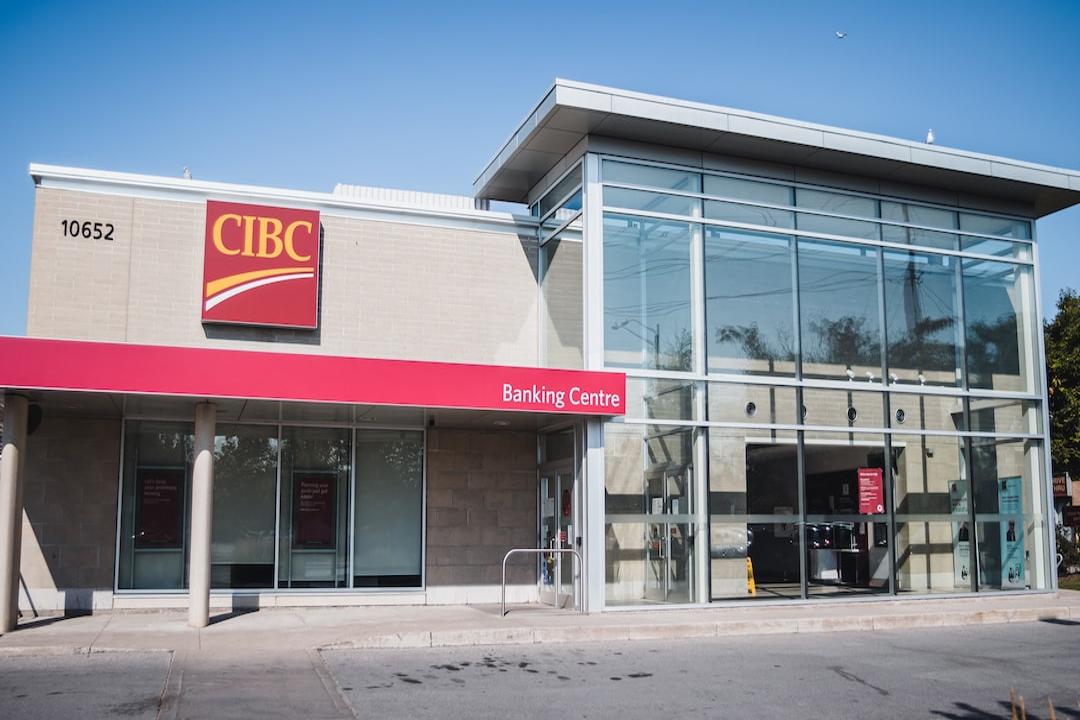Insights from Experts: Benefits of Lower Ethereum Gas Fees, Not Universally Positive
The recent decrease in Ethereum gas fees, attributed to the Dencun upgrade, the rise of Layer 2 solutions, and shifts in the crypto market, has sparked discussions among experts. While many believe that lower fees could be a long-term trend, concerns linger regarding the impact on Ethereum’s deflationary mechanism and potential consolidation of power by larger entities.
Lower gas fees are seen as a positive development that could boost accessibility for users and developers, potentially leading to increased network activity and demand for Ether. However, worries exist about the implications of low fees on Ethereum’s decentralization, as well as potential security risks like spam and poisoning attacks. Despite these concerns, the continuous enhancements and active community support are expected to safeguard the network.
Key industry experts, including Peter Eberle from Castle Funds, Stepan Nilov from BlocksBridge, Ryan Lee from Bitget Research, Garry Kabankin from Santiment, and others, have shared their insights on the factors contributing to the fee decrease and its implications for the Ethereum ecosystem.
The Dencun upgrade, Layer 2 solutions, and changes in market dynamics have all played a role in reducing Ethereum gas fees. Experts like Gabriella Kusz and Stijn Paumen have highlighted the scalability benefits of the Dencun upgrade, while Patrick Gruhn and others have emphasized the impact of Layer 2 chains on fee reduction.
The shift in user interest towards alternative ecosystems like Solana and Bitcoin has also contributed to lower gas fees on Ethereum. The experts agree that while the trend of decreasing fees is likely sustainable, factors like market conditions and network upgrades will influence the future trajectory of gas prices.
Lower fees are expected to have a positive impact on users, developers, and the price of Ether, making transactions more affordable and attracting more activity to the network. However, concerns about network security, miner incentives, and potential centralization issues remain.
Despite the risks associated with lower fees, experts believe that ongoing developments in the Ethereum network, such as proto-danksharding and protocol upgrades, will help address security challenges and enhance network scalability. Proactive measures by the Ethereum community are seen as crucial in safeguarding the ecosystem against potential threats.
In conclusion, while lower gas fees on Ethereum offer several benefits, including increased accessibility and network activity, it is essential to address potential risks and challenges to ensure the long-term sustainability and security of the network. Follow us on Google News for more updates on the evolving crypto landscape.

